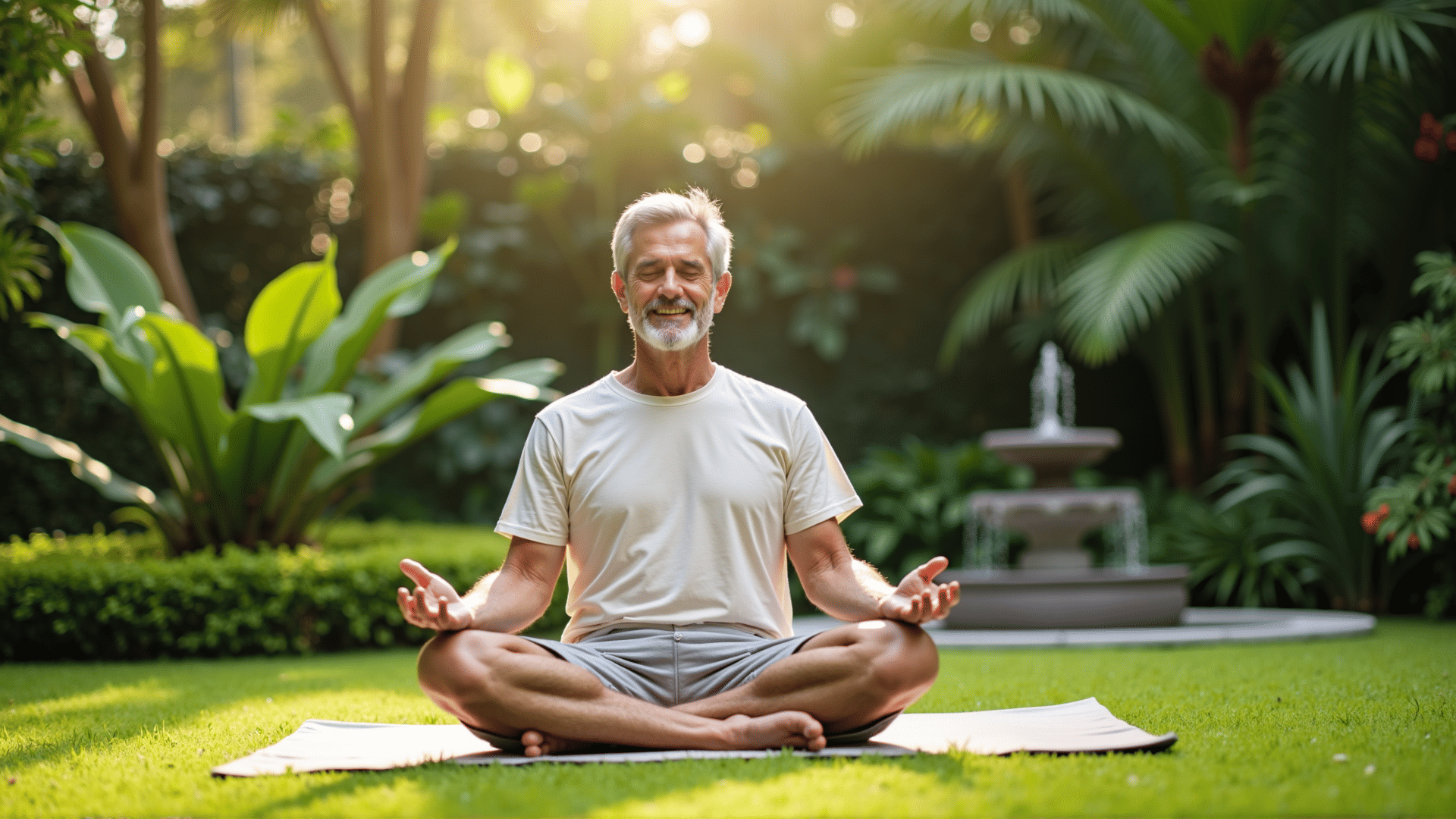Navigating the journey of life as a middle-aged man brings a host of unique challenges and opportunities for growth. This phase often involves balancing personal and professional responsibilities, and maintaining well-being becomes increasingly important. Embracing effective recovery methods and wellness strategies is essential to enhancing quality of life. Here are some practical tips to promote relaxation, manage stress, and foster overall wellness.
Prioritize Sleep Quality
Sleep plays a fundamental role in physical and mental health. As men age, sleep patterns may change, leading to challenges in obtaining restorative rest. Creating a sleep-friendly environment is crucial. Consider the following steps to improve sleep quality:
- Establish a Routine: Go to bed and wake up at the same time each day to regulate your body’s internal clock.
- Create a Relaxing Ambiente: Ensure your sleeping area is quiet, dark, and cool. Use earplugs or a sound machine if necessary.
- Limit Screen Time: Reduce exposure to blue light from screens at least an hour before bedtime.
Engage in Regular Physical Activity
Physical activity is a proven method to reduce stress and enhance mood. It’s important to find activities that you enjoy, as this increases the likelihood of maintaining consistent exercise routines. Whether it’s brisk walking, cycling, or swimming, regular movement supports cardiovascular health and reduces tension.
- Set Realistic Goals: Start with manageable activities and gradually increase intensity and duration.
- Incorporate Variety: Vary your routine with different forms of exercise to keep it interesting.
Practice Mindfulness and Meditation
Mindfulness and meditation provide powerful tools to manage stress and anxiety. They encourage present moment awareness and improve emotional regulation. Set aside time each day to practice being fully present, focusing on your breath, and acknowledging thoughts without judgment.
- Begin with Short Sessions: Start with five minutes of meditation and gradually extend the duration as you become more comfortable.
- Use Guided Resources: Consider apps or online videos to guide you through mindfulness exercises.
Nutrition and Hydration
A balanced diet and adequate hydration significantly influence overall wellness. Consuming a variety of nutrients supports energy levels, cognitive function, and emotional stability.
- Emphasize Whole Foods: Include plenty of fruits, vegetables, whole grains, and lean proteins in your meals.
- Stay Hydrated: Drink sufficient water throughout the day. Monitor your intake to ensure hydration, which impacts energy and concentration levels.
Foster Social Connections
Human connections play a vital role in mental and emotional health. Building a supportive network of family, friends, or community groups can alleviate stress and provide encouragement.
- Schedule Regular Interactions: Make time for social activities, whether it's a weekly coffee meet-up or joining a group with shared interests.
- Seek Support When Needed: Don’t hesitate to reach out to friends or professionals when feeling overwhelmed.
Dedicate Time for Hobbies
Pursuing hobbies and interests outside of work offers a creative outlet and reduces stress. Whether it’s gardening, painting, or playing an instrument, engaging in activities that bring joy enhances life satisfaction and mental health.
- Allocate Time Each Week: Dedicate moments each week to immerse yourself in activities you enjoy.
- Explore New Interests: Be open to discovering and nurturing new talents or passions.
Incorporating these wellness strategies can significantly impact well-being by fostering resilience and promoting a balanced lifestyle. By taking proactive steps to manage stress and prioritize relaxation, middle-aged men can navigate this stage of life with vigor and fulfillment. Remember, wellness is a journey, and small, consistent actions can lead to lasting positive change.
